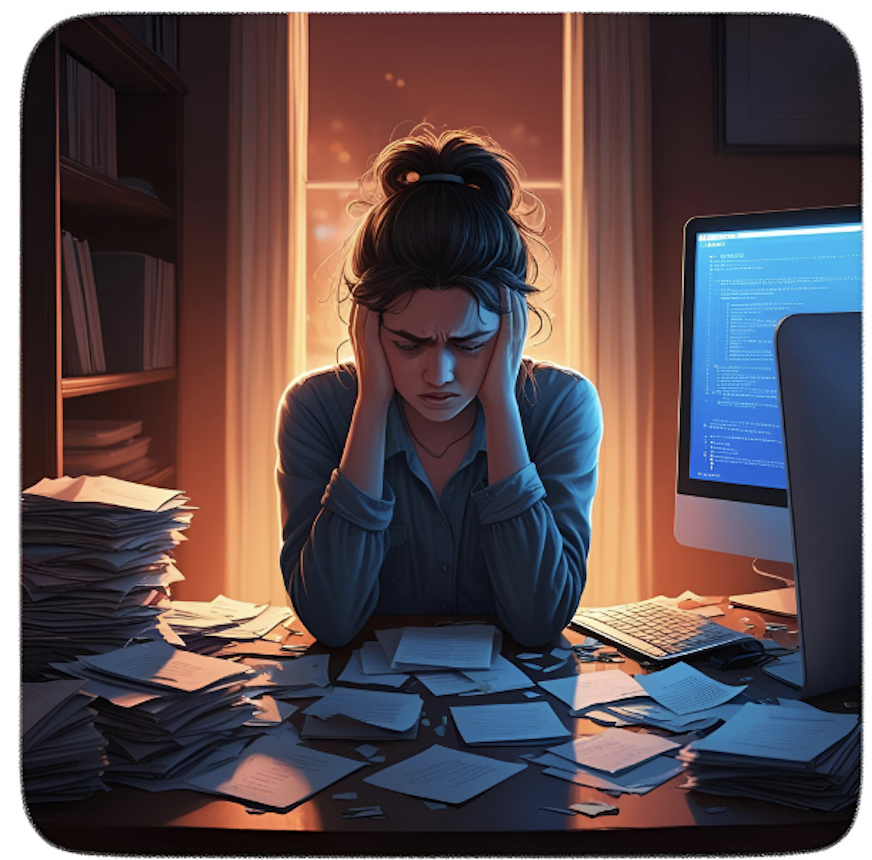10 Hidden Signs of Stress Your Body Wants You to Notice (And What to Do About Them)


When Your Body’s Saying “I’m Stressed”—Are You Listening?
(Understanding Stress and How to Actually Do Something About It)
Let’s be real—stress isn’t going anywhere. Life is full of deadlines, pressure, overthinking, under-sleeping, and trying to do it all. But here’s the thing: your body is constantly giving you feedback. And sometimes, it’s quietly waving a red flag that it’s running on empty.
At Deep Roots, we talk a lot about strength—physical, mental, and emotional. Understanding how stress works is one of the most powerful tools you can carry in your wellness toolbox.
---
Stress: It’s Not Just in Your Head
Thousands of years ago, stress was about survival—literally. Spot a predator, get a surge of adrenaline and cortisol, run or fight. Then, when the threat passed, your body settled back down.
Today, your “predators” look different: emails, money stress, relationship tension, not enough sleep, not eating enough (or the right stuff), overtraining. The problem? Your body still responds as if your life is at risk—even when it’s just your inbox exploding.
---
Chronic Stress Is a Slow Burn
Cortisol isn’t bad. It’s a hormone that helps you manage challenges in short bursts—it sharpens your brain, boosts energy, and keeps you alert.
But when stress is constant, cortisol hangs around too long. That’s when things start to unravel—sleep gets choppy, you’re always tired, workouts stop feeling good, and your gut, immune system, hormones, and mood all start to shift in ways that are easy to ignore… until they’re not.
---
Common (But Not Normal) Signs of Stress
If any of this feels familiar, you’re not alone—and it’s not your fault:
Waking up groggy, even with 7–8 hours of sleep
Mid-afternoon energy crashes
Brain fog or forgetfulness
Feeling wired but tired
Constant bloating or unpredictable digestion
Feeling wrecked after workouts you used to enjoy
Losing your motivation—or your temper
Anxiety that shows up at bedtime or 2am
Irregular periods, low sex drive, or weight that won’t budge
Catching every little bug that goes around
These aren’t just annoyances. They’re messages. Your body is talking—you just need to listen.
---
Your Stress “Bucket” and How to Drain It
Imagine your body like a bucket. Each stressor (sleep loss, hard workout, work drama, skipped meals, etc.) adds water. Eventually, if you’re not letting water out, it overflows.
Good news? Your body also has a built-in drain. Things like good sleep, nutrient-dense food, deep breaths, rest days, laughter, and movement without pressure all help empty the bucket.
The goal isn’t to eliminate stress—it’s to manage it better, and build in recovery just like you build in strength.
---
Stress Comes from More Places Than You Think
Beyond the obvious work deadlines and life chaos, here are some sneaky bucket-fillers:
Skipping meals or under-eating
Over-exercising (especially without rest days)
Not drinking enough water
Gut issues or food sensitivities
Poor sleep quality
Constant negative self-talk
Isolating yourself or holding emotions in
Even exciting life changes can be stressful on your system!
---
Real Talk: Overtraining and Nutrition
If you’re always leaving your workouts feeling wrecked—or if you’re constantly chasing results with zero gas left in the tank—more isn’t always better.
The same goes for nutrition. Under-eating (especially while training hard) sends your body into survival mode. It slows everything down, elevates stress hormones, and makes recovery almost impossible.
Fuel your body with what it needs: real food, color-rich veggies, complex carbs, quality proteins, and healthy fats. Think support, not restriction.
---
Your Mind Matters, Too
Negative self-talk is a huge stressor. If you’re constantly telling yourself you’re not enough, not doing enough, or not progressing fast enough—it adds up. The brain can’t tell the difference between an actual threat and the threat of your own words.
Start catching those thoughts. Reframe them. Be your own teammate, not your worst critic.
---
Stress Isn’t a Life Sentence
At Deep Roots, we’re not about perfection. We’re about progress. Understanding stress and learning how to listen to your body is one more way we help you grow stronger—inside and out.
Your body is wise. You just have to stop pushing so hard and start listening a little more. Breathe. Rest. Nourish. Move with intention. Ask for help when you need it!
We’re here when you’re ready.